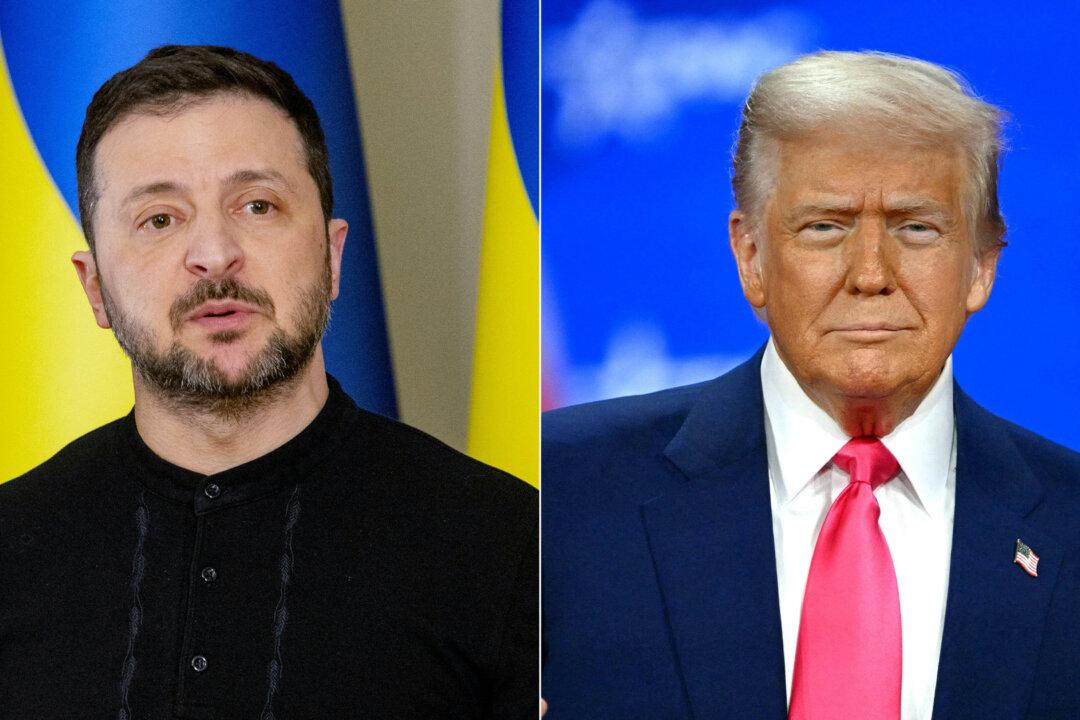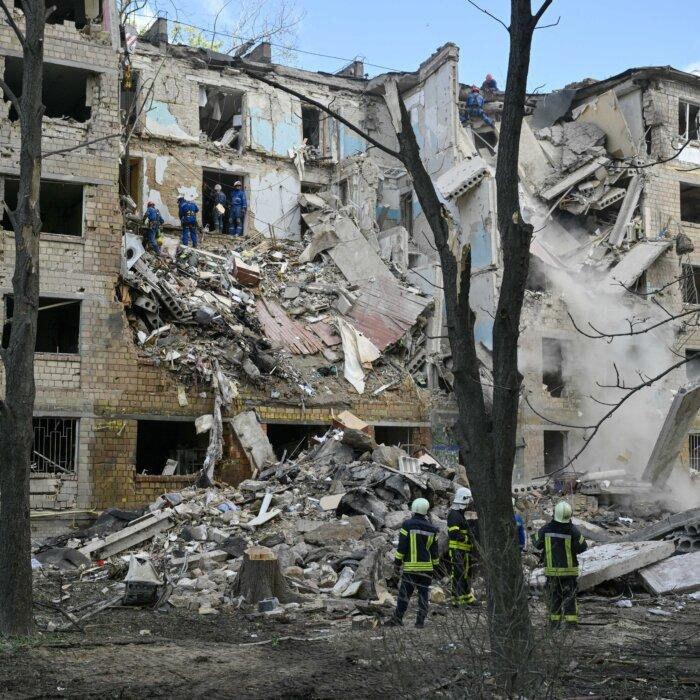President Donald Trump and Ukrainian President Volodymyr Zelenskyy held a phone call on July 4 discussing efforts to bolster Ukraine’s air defenses amid intensifying Russian attacks, according to Ukrainian statements describing the conversation as “very important and fruitful.”
The White House has not yet confirmed the call or released a readout. The Epoch Times has reached out for comment.
“We will not be providing any updates to specific quantities or types of munitions being provided to Ukraine or the timelines associated with these transfers,” Pentagon spokesman Sean Parnell said during a press briefing, noting that the review is a “common-sense, pragmatic step” to evaluate how U.S. stockpiles are used.
Trump defended the Pentagon’s decision and criticized former President Joe Biden for, in his view, overextending U.S. military resources abroad.
NATO Secretary-General Mark Rutte acknowledged that the United States needs to maintain adequate reserves but said that “in the short term, Ukraine cannot do without all the support it can get” in terms of air defense artillery and ammunition.
Ukraine has expressed concern that a pause in shipments could hinder its ability to defend against Russian airstrikes and ground assaults. The Ukrainian Foreign Ministry warned that any delays in military assistance would only encourage Moscow to continue its aggression rather than seek peace.
Zelenskyy said on July 4 that he and Trump also discussed joint U.S.–Ukrainian defense production, particularly involving drones and related technologies, which he described as critically important for Ukraine’s security as drone warfare continues to define the conflict.
Germany has also signaled interest in helping to fill potential gaps in Ukraine’s air defense. German Chancellor Friedrich Merz discussed his country’s willingness to help supply Patriot missile systems during a phone call with Trump on July 3, according to a German government spokesperson. Merz initiated the conversation to promote arms deliveries to Ukraine in response to the Pentagon’s announced pause, the spokesperson said.
While Trump has continued to signal interest in mediating a cease-fire between Ukraine and Russia, he has not clearly indicated how forcefully he may be prepared to act. During a June 5 meeting at the White House with Merz, he warned that if Russia and Ukraine failed to reach a peace deal, he would consider taking a “very tough” approach, possibly targeting both countries.
Trump has also suggested that neither side may be ready to negotiate, likening the conflict to a fight between “two young children” unwilling to stop.
“Sometimes you’re better off letting them fight for a while, and then pulling them apart,” he said.
In May, Trump cautioned Putin that he was “playing with fire” as efforts to reach a peace deal stalled. He also warned that Moscow could face further sanctions in response to Russian strikes against Ukraine.







